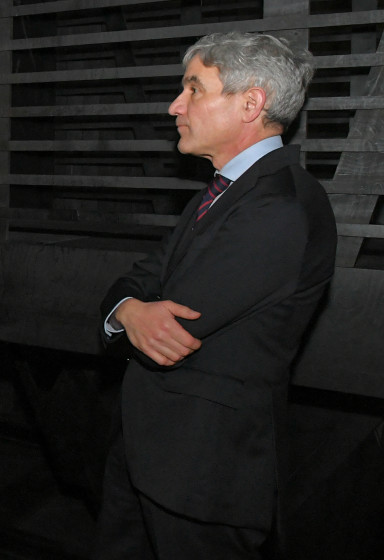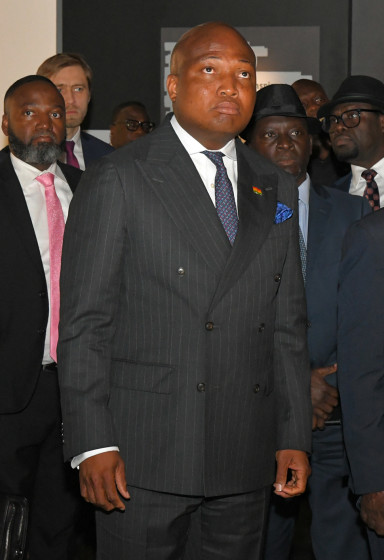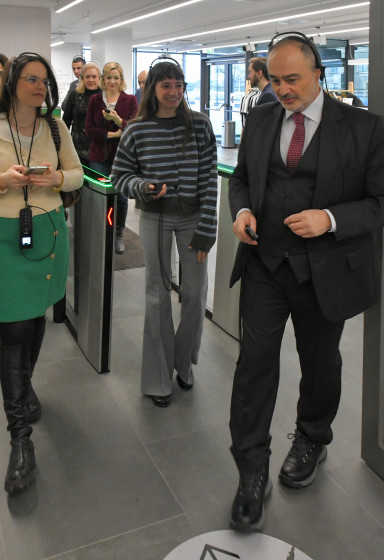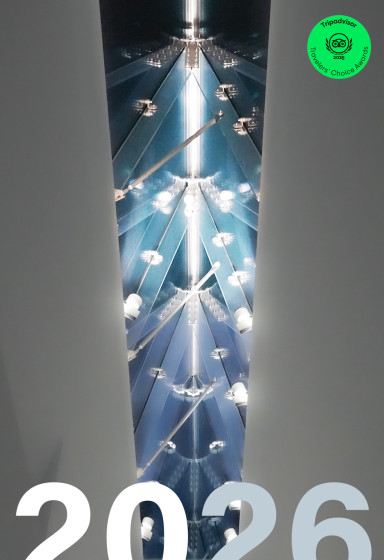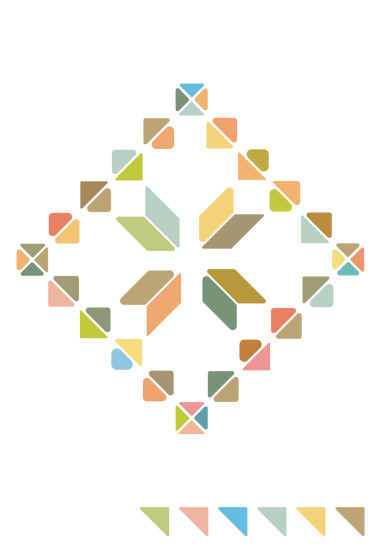Donate to Museum
Each donation helps to ensure the Museum's activities, allowing it to function and provide information for people from all over the world.
The Museum is grateful to each donor and invites everyone to contribute.
PAUL A. GOBLE ON WHAT’S CHANGED FOR LATVIA AND WHAT HASN’T
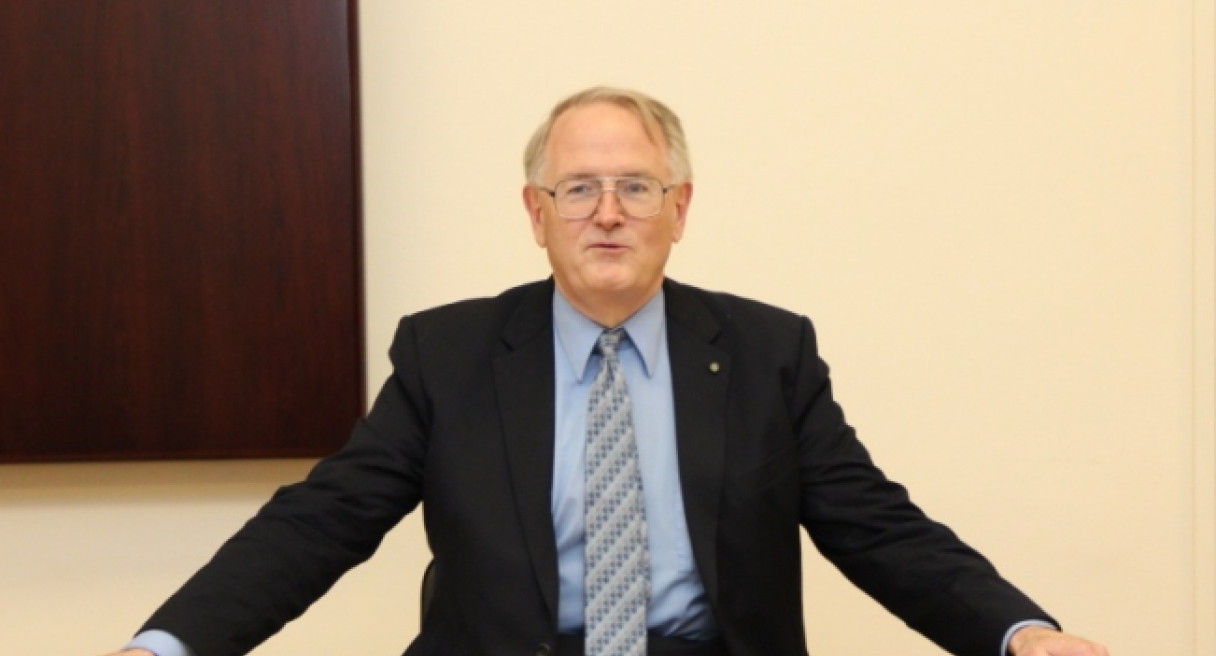
Most Latvians and their friends focus on what has changed in Latvia since 1991, Paul Goble said in a talk at the Museum of the Occupation of Latvia on May 23, 2013. There are. however, many things that have not changed, and it is important to keep those in mind as well.
Among the most important is Latvia’s unique coastline, one that in contrast to its two Baltic neighbors makes it ideal for ports. Another is the centrality of Riga, a metropolitan place in which there is a coming together of cultures. And a third is the presence of ethnic Russians who want to be in Latvia rather than being a cats’ paw for Moscow.
At the same time, Goble said, Latvia must cope with major changes in the Russian Federation and the West. Russia in his view is headed toward disintegration, a process that will be traumatic and involve serious challenges for Latvia, including the possibility of new adventurism by Moscow and refugee flows. And the West now faces relative decline in its resources and challenges beyond Europe that make it unlikely it will focus on Latvia the way it has in the past.
Goble reiterates that despite problems that Latvia and other post-Communist states have experienced, he is happy to see Latvia’s progress since regaining independence. His message to the Latvians is simple: in heading toward the future take advantage of your strengths and don’t be deterred by your fears.
Goble’s special knowledge of the Baltic can be traced back to his work in the U.S. Department of State. He was the Baltic desk officer at the time when Latvia regained independence. His knowledge of the Baltic is one of his special strengths in his penetrating analyses of events and developments in the post-Soviet area.
The Museum of the Occupation of Latvia and the Occupation Museum Association are proud to have him as a member of their Honorary Council, an adviser and a friend.
